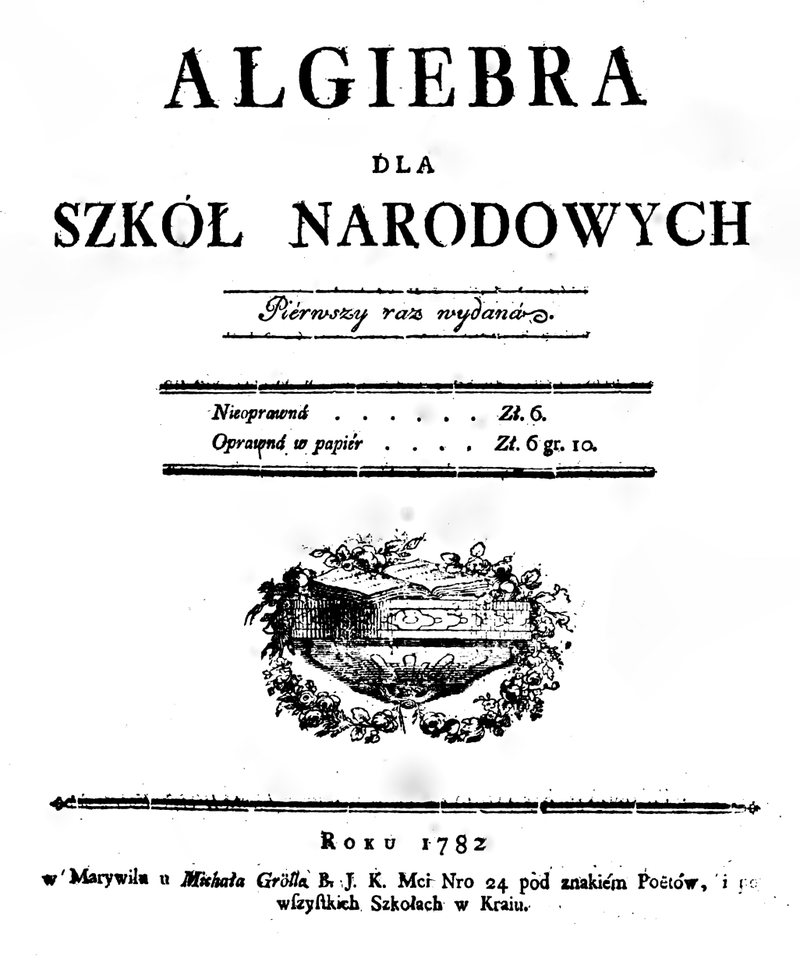On 14 October 1773, the Polish Sejm established the Commission of National Education. It was the first state body in the world to deal comprehensively with the issue of education on a nation-wide scale. Every year, 14 October in Poland is celebrated as a holiday of national education.
In 1773, Pope Clement XIV dissolved the Jesuit order. Those clerics had run schools – colleges in Poland for more than 200 years, in which education was received by most of the young noble generation. In order to ensure the continuity of education, the Polish Sejm established the Commission of National Education on 14 October 1773, allocating money from the funds of the dissolved Jesuit order. The Commission very quickly proposed the creation of a comprehensive and completely innovative system of education based on three levels. The lowest level was made up of parish schools, intended for peasant and middle-class children, while the upper level was made up of state secondary schools for children from noble families, but they could also be attended by the most talented young people from lower classes. At the very top, there were the two universities in Kraków and Vilnius, which were also given controlling powers over lower education.
In order to standardise education, the Commission of National Education prepared school regulations, new curricula and textbooks. For this reason, the Society for Elementary Books was established in 1775, whose work resulted in the preparation of more than 30 textbooks. In many cases they proved to be pioneering works that introduced and created Polish terminology, especially in the natural sciences and sciences. Interestingly, many of the names created at that time still function in Polish today.
The activities of the Commission of National Education were curtailed by the Targowica Confederation in 1793 and finally ended by the Third Partition of Poland in 1795.





